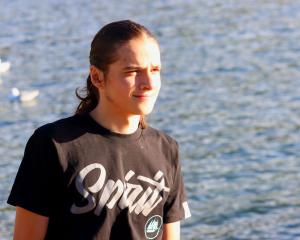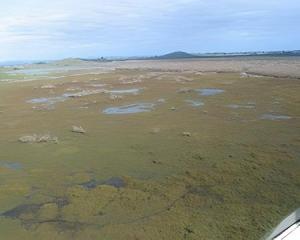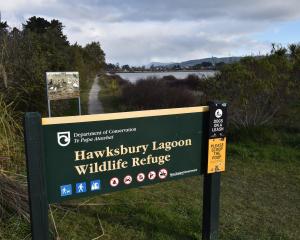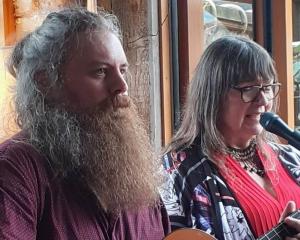
Created by the Otago Peninsula Biodiversity Group and the City Sanctuary Project, under the umbrella of Predator Free Dunedin, the Spotlight on Possums event will run from June 10-18.
Predator Free Dunedin communications and engagement lead Jacinta Steed urged everyone to do their bit by rugging up warm, grabbing a flashlight, and heading out into the backyard, local park or reserve to look for possums.
"You will be part of Dunedin-wide survey to find out how many possums are living among us," Ms Steed said.
"Whether you see a possum or not, everyone looking at the same time will help us map where possums are in high [and low] numbers."
The Spotlight on Possums event will be held across the City Sanctuary area, which covers 8000ha across many Dunedin suburbs and urban reserves, with a particular focus on the Otago Peninsula.
Finding possums on the peninsula will help support the work of the Otago Peninsula Biodiversity Group (OPBG), which has trapped and removed 23,000 possums from the peninsula in the past 12 years.

The group is working towards eradicating possums from the peninsula altogether.
"Down past Portobello, we have got the numbers of possums down to such low levels that we are chasing individuals — there is just a handful left," Mrs Dale said.
However, there were still possum populations in other parts of the peninsula, and it was here that the public could be very helpful.
"If people sight possums, we will follow up with them and look to trap those possums as well," she said.
"However, it will be just as important for people to report if they have looked for possums and haven’t found any — that is also very useful information."
Mrs Dale said the work of the OPBG had proven very beneficial for biodiversity on Otago Peninsula, with the recovery of bush and gardens meaning there was more food for native birds such as bellbirds and tui, which were returning to the area.
City Sanctuary Project community ranger Zac Martin said while the peninsula was of vital importance, it would be great if the whole city could get involved in the Spotlight on Possums event.

Urban gardens, parks and reserves were included, as there was lots of food for possums throughout those areas.
"Possums gravitate to fruit trees in urban areas, and like to get into broadleaf plants, trees with flaky bark, and will completely defoliate them from the top down.
"They also love buds, so are very fond of roses," he said.
The Spotlight on Possums event will also include the vast rural area covered by the Halo Project — which covers 42,000ha from the Silverpeaks to the sea.
Halo Project operations lead Harvey Aughton said the area was very large, so reports of possum populations — particularly in the West Harbour and Blueskin Bay areas — would be helpful in terms of targeting future trapping operations.
At present, the Halo Project has 1800 traps in operation, set to catch possums, stoats, weasels, and rats.
- Predator Free Dunedin is a conservation collective of more than 20 organisations working collaboratively to protect native biodiversity and strengthen communities.

How to take part
How to take part in the Spotlight on Possums event.
- Between June 10-18, rug up warm, head outside and look for possums in your backyard, or local park/reserve.
- Move very quietly and shine your light into nooks and crannies where possums may be, such as trees, fence lines, compost bins, and bushes. Look up high, too.
- Share your results — if you see a possum, do not freak it out or approach it, just tell us about it.
- Share your possum sightings via the online reporting form, which can be found at predatorfreedunedin.org/report-possum. The reporting form is live all year round.














